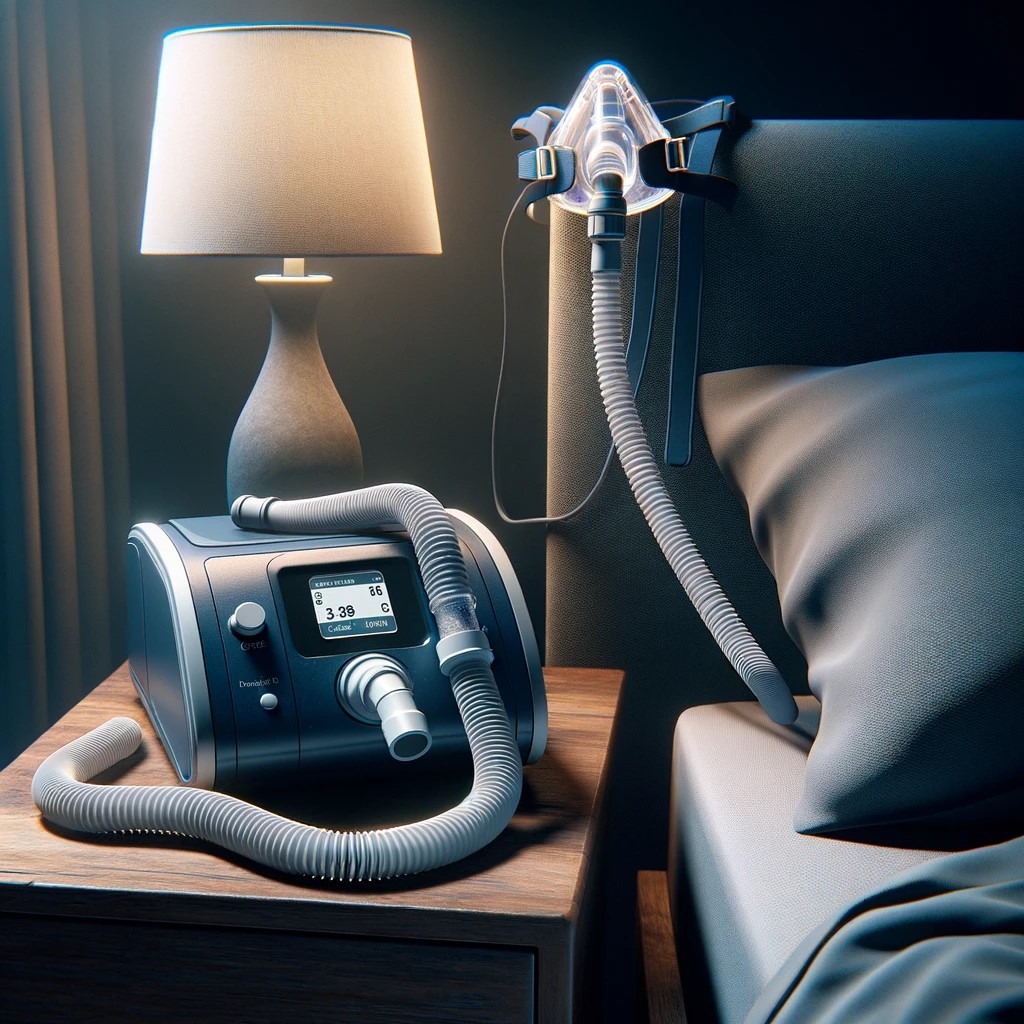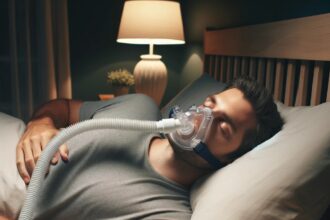The U.S. Food and Drug Administration (FDA) has issued a grave warning regarding certain ResMed Ltd.’s magnetic sleep apnea CPAP masks, highlighting the potential for severe injury or even death associated with their use.
ResMed’s AirFit and AirTouch masks, equipped with magnetic clips to secure the mask strap to the head frame, have raised concerns. According to the FDA, these magnetic components may interfere with specific implanted metallic medical devices or metallic objects within the body. This warning has been classified as a Class I recall, denoting the most serious level of concern by the agency.
Users of these devices, along with healthcare professionals and caregivers, are urged to exercise caution, particularly if they possess implanted medical devices like pacemakers, implantable cardioverter defibrillators, aneurysm clips, and similar devices.
The magnetic elements within the masks have the potential to disrupt the proper functioning of these implanted devices or cause them to move unexpectedly, resulting in injury or even fatality. While six injuries related to the use of these recalled masks have been reported to the FDA, fortunately, there have been no reported deaths.
“The injury reports involved magnetic interference with implanted devices resulting in allegations of serious harm that required medical intervention or hospitalization,” stated the FDA. The devices reportedly affected include implantable cardioverter defibrillators, cochlear implants, cerebrospinal fluid shunts, as well as brain and dental implants.
Which ResMed Masks are Affected?
ResMed has indicated that approximately 20 million masks distributed in the U.S. between January 2020 and November 2023 are affected by the recall. These masks are typically prescribed to aid individuals with sleep apnea in breathing during sleep.
Below is a list of ResMed masks impacted by the recall, and more detailed information can be accessed on the FDA’s ResMed mask recall webpage:
-
- Full face masks:
-
- AirFit F20
-
- AirFit F20 for Her
-
- AirTouch F20
-
- AirTouch F20 for Her
-
- AirFit F30
-
- AirFit F30i
-
- Full face masks:
-
- Nasal masks:
-
- AirFit N10
-
- AirFit N10 for Her
-
- AirFit N20
-
- AirFit N20 for Her
-
- AirTouch N20
-
- AirTouch N20 for Her
-
- Nasal masks:
-
- Non-vented mask:
-
- AirFit F20 NV
-
- Non-vented mask:
Users are advised to switch to a non-magnetic mask if they, their caretaker, or others with close physical contact with the mask have implanted metallic medical devices. Additionally, the mask should be kept at least six inches away from such devices.
For users without metallic medical devices, the mask can continue to be used safely. FDA officials have clarified that the recall is categorized as a correction rather than a removal of the product from the market.
ResMed’s Priority on Patient Safety
In a statement regarding the magnet clips, ResMed emphasized that patient safety is its foremost priority. The company reiterated its commitment to prioritizing patient needs and safety to ensure optimal care for the millions of individuals it serves worldwide.
ResMed has taken steps to update the contraindications and warnings sections in its user guides to provide patients and healthcare professionals with enhanced guidance on the safe use of ResMed masks equipped with magnets.
Ongoing Issues in the CPAP Industry
ResMed’s recent recall adds to a series of challenges facing the CPAP industry.
Philips Respironics, a major CPAP manufacturer, issued a recall in 2021 for millions of devices due to degradation of the PE-PUR sound abatement foam under certain conditions. This degradation could lead to the release of small particles and gases, posing significant health risks such as severe respiratory conditions and cancer to users.
The FDA has associated more than 300 deaths and over 98,000 medical device reports with the recalled Philips units.
As of January 2024, Philips is confronting 755 lawsuits consolidated in multidistrict litigation in Pennsylvania, with trials potentially commencing in 2024. Attorneys are still accepting clients for Philips CPAP lawsuits.
In a recent development, Philips settled a class action lawsuit for $479 million, addressing restitution for devices sold in the U.S. from 2008 to 2021, separate from the ongoing multidistrict litigation.



















